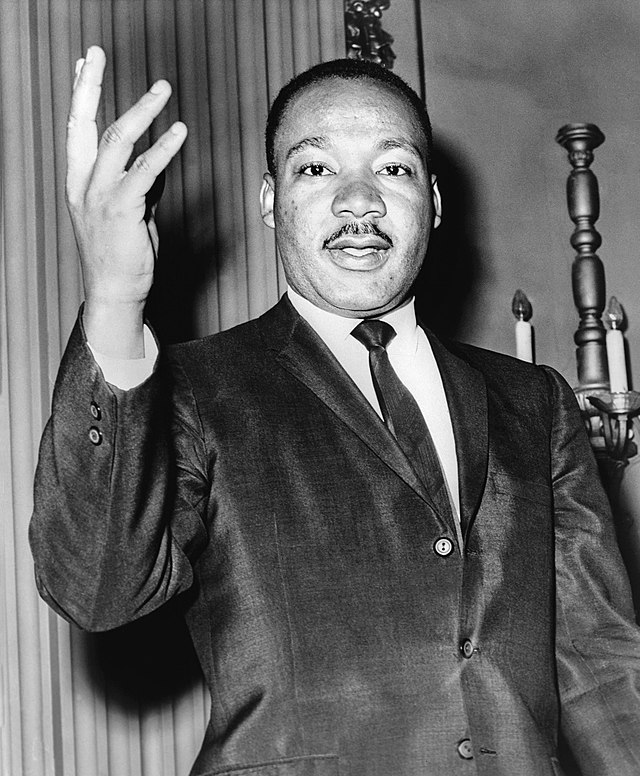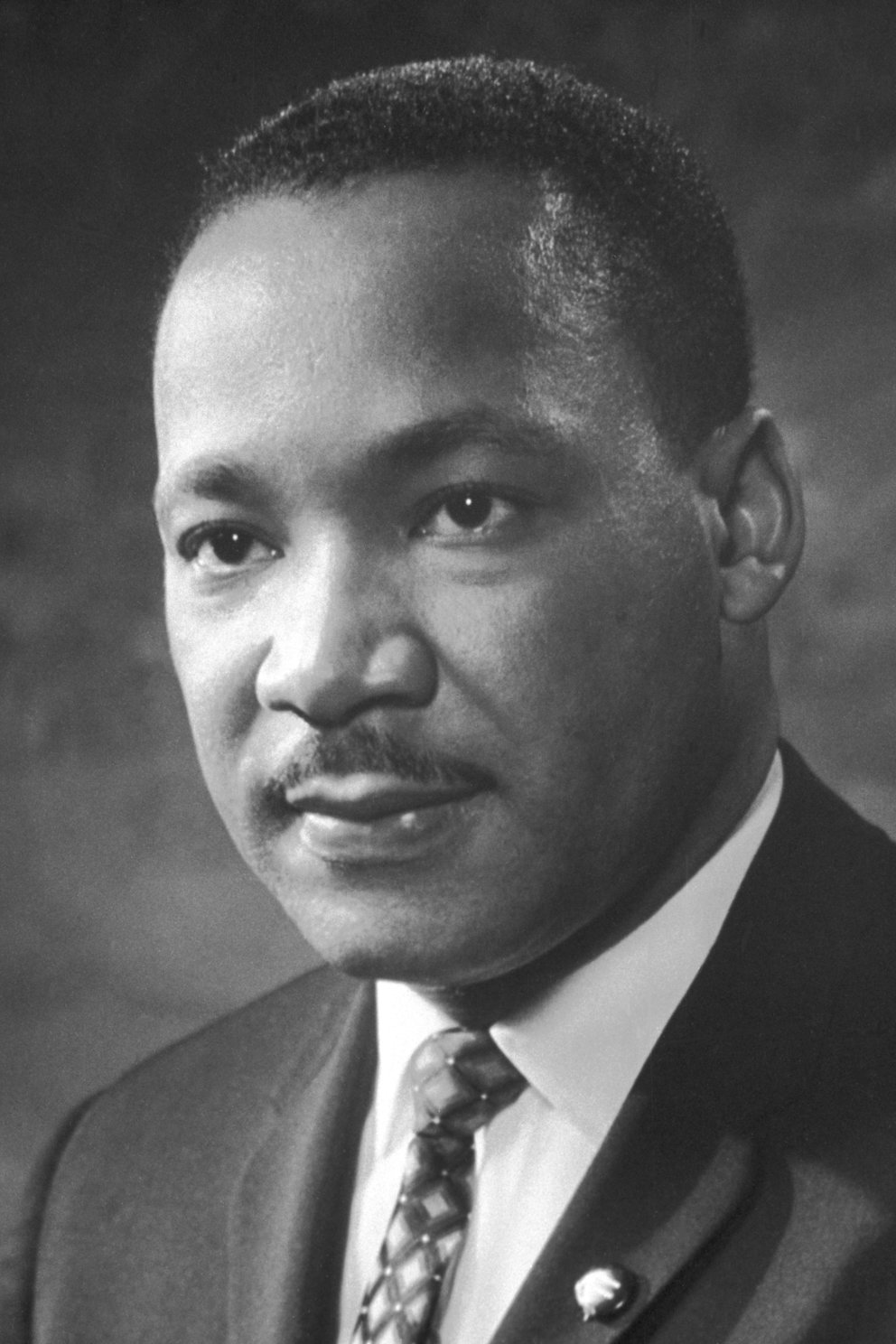

Nascida em Tuskegee, no estado do Alabama, no Sul dos EUA, Rosa era filha de James e Leona McCauley e cresceu numa fazenda. Devido a problemas de saúde na família, foi obrigada a interromper os seus estudos e começou a trabalhar como costureira.
Em 1932 casou-se com Raymond Parks, membro da Associação Nacional para o Progresso de Pessoas de Cor (NAACP), uma organização que luta pelos direitos civis dos negros, da qual Rosa se tornou militante.
Foi através dessa atitude que o então jovem pastor negro Martin Luther King, Jr., concordando com a atitude de Rosa Parks, incentivava em seus sermões os negros fiéis a fazerem o mesmo.
Este movimento teve grande repercussão na década de 50 nos Estados Unidos, pois o honroso pastor pregava pelos direitos civis do negros americanos através da teoria "say at less… I'm black, I'm proud", que mudou completamente a história dos Direitos Civis para os negros americanos e influenciou gerações de negros no mundo inteiro. A atitude solitária de Rosa Parks, ao ser acolhida por Martin Luther King, Jr., nunca mais foi uma atitude solitária. Depois de se aposentar, escreveu a sua autobiografia. Os anos finais de sua vida foram marcados pela doença de Alzheimer e no ano de 2005 morreu, de causas naturais.



















